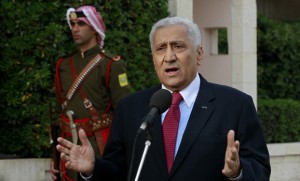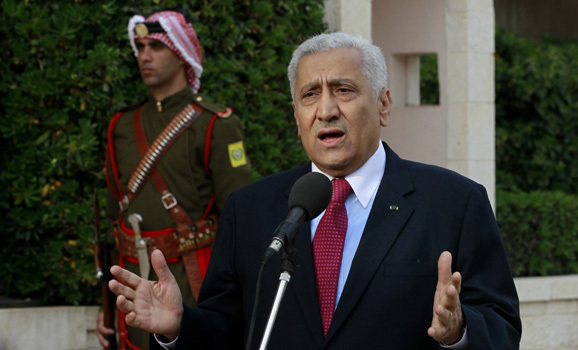 PM Abdullah Ensour has reshuffled his cabinet again; a week before municipal elections. The latest action is reported to be motivated by economic decisions. The last reshuffling took place in March.
PM Abdullah Ensour has reshuffled his cabinet again; a week before municipal elections. The latest action is reported to be motivated by economic decisions. The last reshuffling took place in March.
Although the March reform reduced the cabinet to 19 ministers from 27 due to budget constraints, the new cabinet has been increased to 23. Only 3 ministers have been retained as part of the new cabinet namely the interior, finance and foreign ministers.
Jordan is struggling to shed off a foreign debt of more than $23 billion. This year, it has a budget deficit of $2 billion. Analysts have claimed that Prime Minister’s action is part of his ambitions to be aligned with the International Monetary Fund (IMF) established economic reforms, deemed necessary for the economy’s revival.
The Arab spring has taken its toll on Jordan. Street protests have forced the government to increase social spending despite limited resources. The situation lured it into financial crisis. The IMF came to its rescue with a $2 billion with obligations such as budget tightening and unpopular cuts in fuel subsidies and hikes in electricity tariffs.
The new cabinet is being termed as technocratic but Oraib Rintawi of the Al-Quds Centre for Political Studies said it “is unlikely to bring any change to government policies.” Political analysts have agreed that the nominations were not political but some of them believe that the reshuffling came at the expense of tribal figures present in previous administrations. Rintawi claimed that one of the effects of the Prime Minister’s decision is to “prolong the government’s term and give it a chance to do things in a better way.” The influx of Syrian refugees has not eased the government’s effort to overcome its challenges.
Jordan: Prime Minister reshuffles cabinet to buy time
